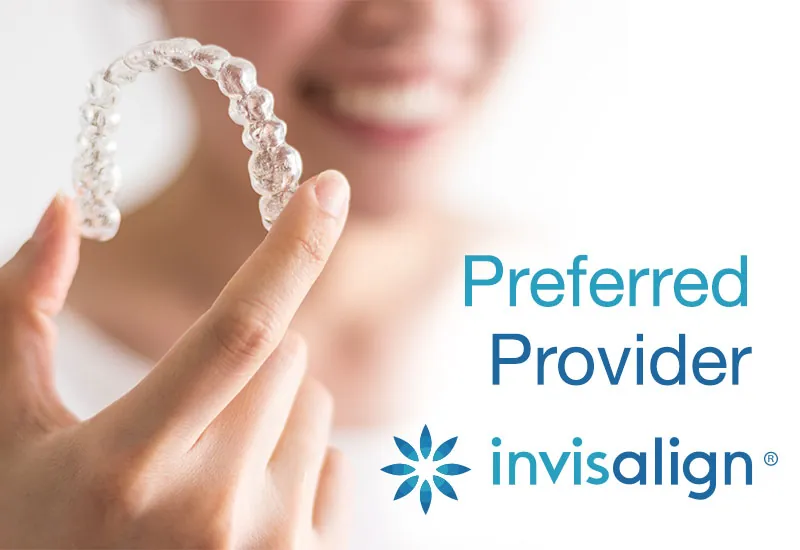Infants (age 0-1 years)
Most babies start to get their teeth a few months after birth. The roots have already formed beneath the gums when babies are born. You may not be able to see the teeth yet, but they are there. Normally, infants start to teeth approximately six months after birth. It is vital to begin good oral hygiene practice while your baby is younger. Such practices include:
- After your baby eats or drinks milk, you should use a clean, damp face cloth to wipe their gums and give your infant some water in a baby bottle. These actions help clean out any bacteria, which could cause gum issues like nursing decay, or “bottle rot.” It is also a good idea to take your baby’s bottle away from them once they are finished drinking.
- Brushing your infant’s gums and teeth should start when they are about six months old. One way to help your child learn about brushing their gums and teeth is to allow them to witness you brushing your gums and teeth.
- Some parents take their infants to a dentist as soon as their child’s teeth start to come through the gums. Some parents wait until their babies are around six months old, but most parents schedule a dental appointment before their child is one year old.
Toddlers to Middle Childhood (age 2-11 years)
As your children get older, their dental hygiene practices should continue to include age-appropriate habits. Children typically have their first full set of teeth by the age of three. Beginning at that age, you can develop a schedule to help keep your little one’s gums and teeth strong and healthy. Here are some ways you can accomplish that:
- Dentists recommend using a pea-sized amount of toothpaste. It is also advisable to make sure your little one does not swallow toothpaste and learns how to rinse and spit properly during and after brushing.
- It is important that your child brushes for two minutes or so, twice daily.
- Take your child to a dentist once every six months.
Teenagers (age 12-17 years)
Do you want to help your older children avoid getting cavities or gum disease? You might want to encourage them to continue with a good oral hygiene routine. They should brush twice daily, and floss at least once daily. Using a fluoride mouth rinse once daily before bed and limiting sugary foods and drinks are not bad ideas either. Teens might forget to brush their gums and teeth, so you might need to remind them to do it. Teens should visit a dentist every six months or so too. Other ways to keep older kids engaged are:
- Purchasing an electric toothbrush to make brushing more exciting.
- If your child plays sports, encourage them to wear protective gear like a mouthguard to help protect their teeth.
- Children who have braces should brush and rinse more often. Otherwise, their teeth might have white spots all over them when the braces are removed.
The information on this Blog is provided for general information, is not intended to provide medical, dental or surgical advice, and should not be relied upon as a substitute for professional medical advice, diagnosis or treatment. No dentist/patient relationship is established by your use of this Site. No diagnosis or treatment is being provided. The information contained here should be used in consultation with a dentist of your choice. No guarantees or warranties are made regarding any of the information contained within this Blog.




